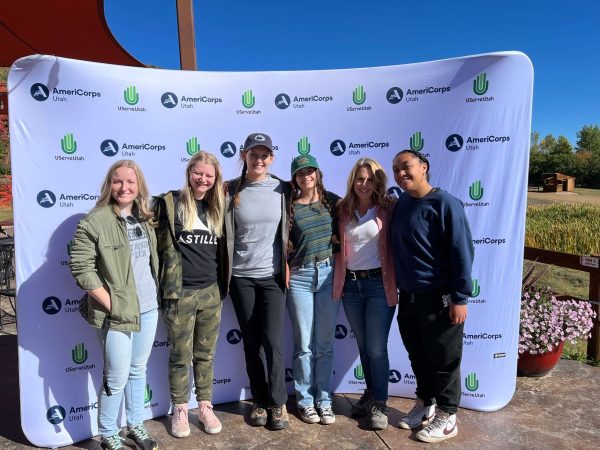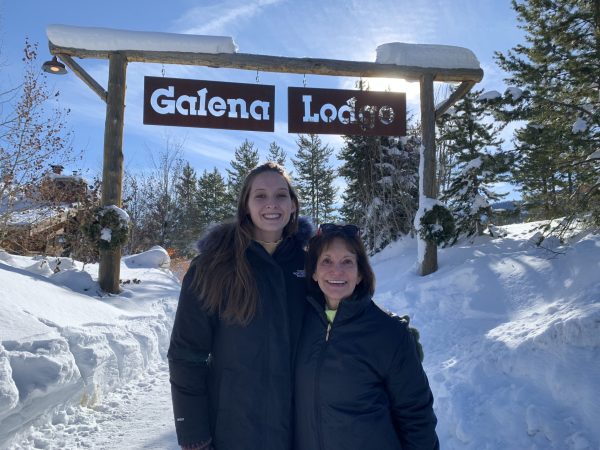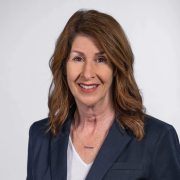Yes, you do not have to be a U.S. citizen to apply.
Yes, those with paid or unpaid volunteer service positions are eligible.
The grade-point average requirement is firm at 3.60.
You do not have to have received confirmation before applying. However, you will want to fully explain your intentions and what funding would be needed for each.
If you’ve already arranged to work with a particular organization, that organization would issue you a letter confirming your participation details—this is the affiliation letter.
The recipient will be selected and announced in early March.
Payment of funds to the selected Schwartz Fellow will be made in two equal payments—one at the beginning of their approved opportunity and one at the midpoint of the year contingent upon receipt by the College of the Liberal Arts of a midterm report. US citizens will also receive a 1099 tax form; international students will receive a 1042 form.
The award the selected Schwartz Fellow receives may be reportable as taxable income. The University will not withhold taxes from the award. As a result, the selected Schwartz Fellow may need to pay federal, state, and/or local income tax on the award. We recommend that you seek guidance from a tax professional to evaluate your specific situation and plan to pay taxes accordingly. US citizens will receive a 1099 tax form; international students will receive a 1042 form for their foreign withholding tax.
IUG students whose baccalaureate degree is conferred in summer 2024, fall 2024, spring 2025, or summer 2025 may apply during the 2025 fellowship application cycle (October 1, 2024–February 1, 2025). Proposals should describe a yearlong, service-related activity to be undertaken in the year immediately following completion of the applicant’s baccalaureate degree.
Students graduating in summer 2024, fall 2024, spring 2025, or summer 2025 should apply during the 2025 fellowship application cycle (October 1, 2024–February 1, 2025). Selections are made every year in early March, which may be after you graduate if you graduate in summer or fall.
Yes, students can have a job separate from their service experience, with the caveat that the service project must represent a substantial commitment of time with measurable/reportable outcomes.
Anyone who can best speak to your past service, character, and leadership. This could be a supervisor, instructor, coach, clergy, peer, etc.


